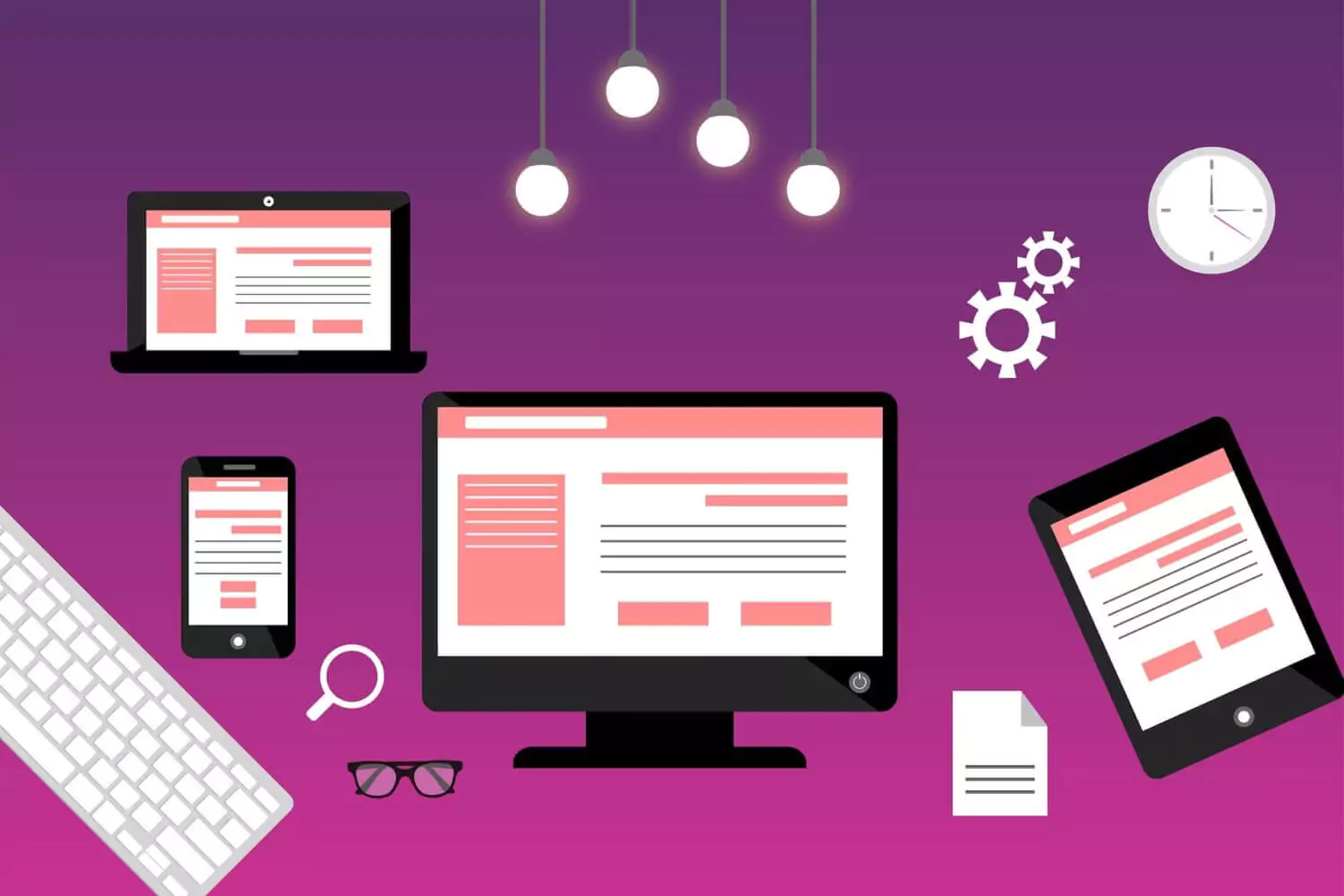Originally published June 15, 2016 , updated on February 16, 2026
Your event was a raging success. Exhibitors left feeling as though their ROI was well worth it. Consumers left feeling like they really found a few gems. Everyone managed to fit in some fantastic networking. All in all, your job as an event manager is well done. Right? Wrong.
In this highly competitive industry, there really is no rest for the wicked…or for event professionals either. Once your event is done and dusted, the real work begins.
Recognize the Event-Cycle as a Delicate Process
As an event manager, one of the most important things you need to realise is that events are cyclic in nature. The aftermath of your event is just as important as its conception and launch.
At the completion of your event you have the opportunity to collect invaluable feedback and data. Essentially, these post-event details help you to iron out the creases for your next event. You have the chance to learn from your successes and mistakes in order to greatly improve your skills.
Mind your Manners As An Event Manager

Thank-yous are an important part of the post-event procedure. After a strenuous, busy, and challenging event, fatigue may try to convince you that thank you notes are overkill. Ignore that little voice. You need to thank everyone who participated in the event. It helps to keep the memory of the event fresh in their minds.
Better still; go the extra mile and personalise those thank-yous to make sure your good impression last even longer. Acknowledge every single person involved in making the magic happen from your side as well; it’s not just about attendees and vendors.
Reach Out on Every Platform
Social media is your greatest friend in terms of post-event tasks. In most cases, event managers place a heavy emphasis on social media engagement in the period before the event. During the event this engagement reaches a plateau. After the event, there seems to be a distinct lack of conversation aside from the cursory “thank you for attending” update.
People love to talk about their experiences. So, encouraging online conversation after the event is a great way to build an audience that will be interested in the next one. Share content from the event. Encourage vendors, sponsors, and attendees to tag themselves and share your tweets and updates. Engage as much as you can.
Maintain your Website

Website maintenance is seriously underrated. Too many event professionals and managers are only concerned about their website directly before an upcoming event. What you need to remember is this: stale content hurts your image.
Directly after your event, you have the opportunity to update your website with a goldmine of content. People want to see what you’ve done – they want to know that you kept any promises you made prior to the event. Additionally, forgetting to freshen up your site can make you look lazy or careless; which isn’t really the impression you want to give.
In addition to your regular post-event duties (balancing the books, debriefing the team, etc) the above tasks can greatly improve your event-cycle overall. Try not to take them lightly.
Post Views: 1352




















